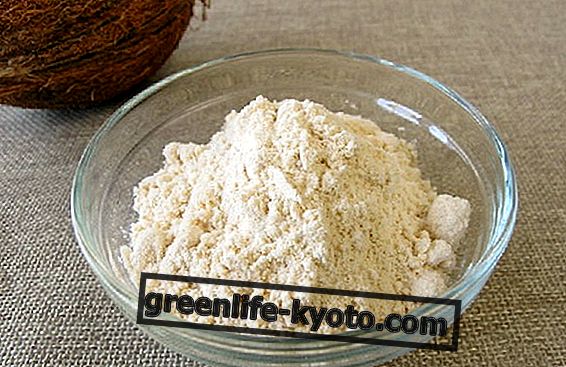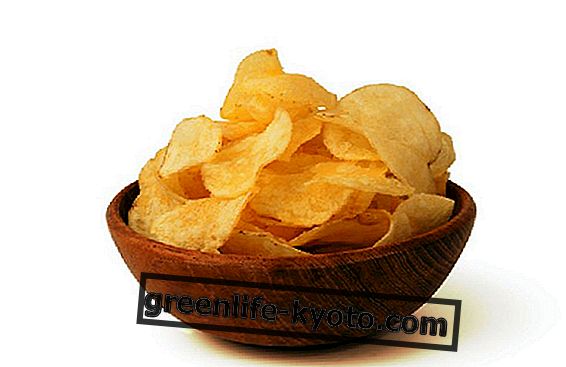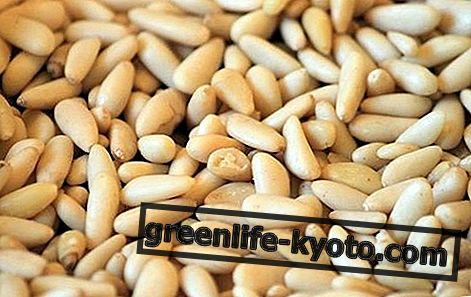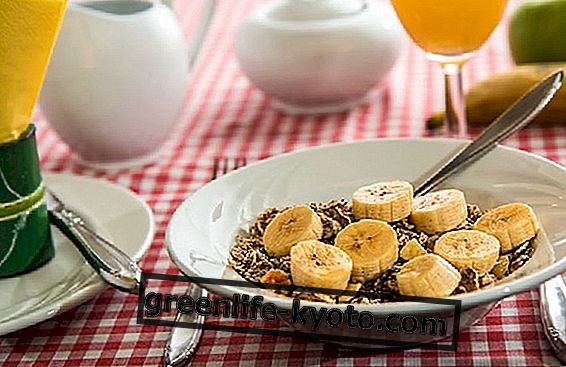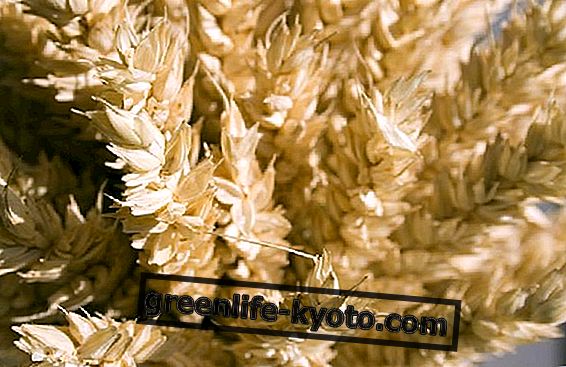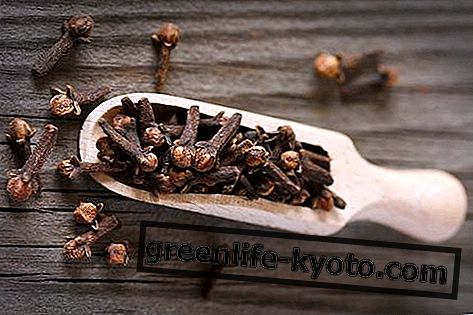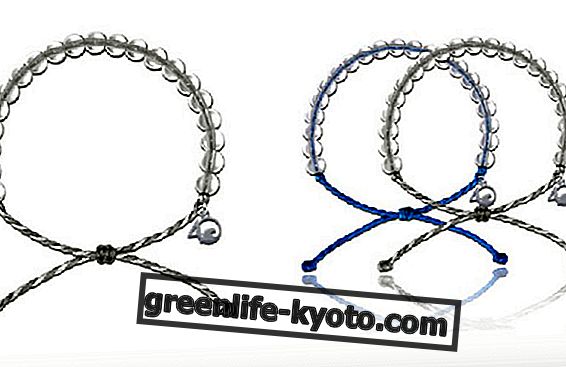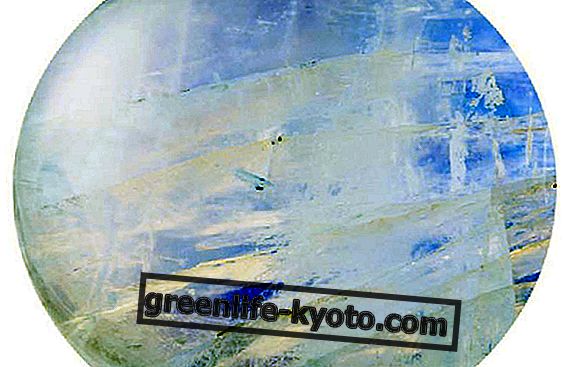
Cholesterol and saturated fats : generally these are the two nutrients that come into play when the topic of conversation is what to eat to have a healthy heart or, perhaps, to return to having a heart like new after a heart attack.
In fact, for over 40 years the strategies of prevention of cardiovascular diseases through nutrition have focused above all on the dangerousness of the fats present in food.
Today, however, it is increasingly clear how to protect the heart is not enough to ban butter & co, but it is also necessary to replace them with the right foods .
At the same time, over the years, the availability of food supplements based on vitamins and minerals has also grown, promising to protect heart health.
If there is someone who hopes to win the battle against cardiovascular diseases by arming themselves with multivitamins, however, it is appropriate to reduce enthusiasm. In fact, some of them have not proved to be useful at all.
The best approach, after all, is the one that proves to be a winner also in many other cases: guaranteeing a diet as varied and rich in vegetables as possible .
Heart, fats and cholesterol: what to eat
With regard to cholesterol, it is now generally accepted that eliminating foods that are rich from it is a wise choice, but not enough to prevent its levels from rising dangerously.
Of course, it is always better not to overdo the eggs, crustaceans and molluscs, but at the same time we must remember that to make cholesterol rise in the blood are above all foods rich in saturated fats .
The latter are particularly abundant in food of animal origin, from meat to milk, including their derivatives (for example, cheeses), and have been associated with the increase in the so-called "bad cholesterol".
However, not all animal fats come to harm; those of fish (in particular of fat varieties such as salmon, mackerel and herring) are considered allies of the heart both because they favor a reduction of triglycerides (other fats associated with cardiovascular risk) and because they promote an increase in “good” cholesterol .
Even the monounsaturated fats of olive oil are considered allies of heart health. Other fats of vegetable origin are the worst choice one can make in terms of cardiovascular health.
In fact, some margarines contain trans fats, which are formed during the hydrogenation process used during their production, and which in addition to increasing bad cholesterol also decrease the good one.
The case of margarines is an example of how a generic reduction in the consumption of foods containing saturated fats is not sufficient to protect the heart; rather, it is necessary to replace them with the right alternatives .
Margarines containing trans hydrogenated fats are not a good alternative to butter, which should instead be preferred extra virgin olive oil.
Similarly, reducing the consumption of cheese or eggs by increasing the consumption of carbohydrate-rich foods does not always help protect the heart.
The risks of refined carbohydrates
When it comes to carbohydrates, it is mainly the high consumption of refined cereal- based foods (such as white flour) and foods and beverages rich in simple sugars (such as sugary drinks) that increase the risks for the heart.
Replacing saturated fats with refined carbohydrates does not improve the ratio of total cholesterol to good cholesterol - an indicator of cardiovascular risk.
However, carbohydrates should not be universally considered enemies of the heart. Those present in whole grains and their derivatives exert a protective effect against cardiovascular health; it could be enough to eat 1 or 2 more servings a day to reduce the risks for heart and arteries by 10-20%.
The minerals that are good for the heart
As for minerals, potassium, magnesium and calcium are considered fundamental for pressure control - a known risk factor for heart health.
Furthermore, the increase in calcium intake is associated with cholesterol reduction, while a magnesium deficiency increases it.
In reality, however, there are other minerals that have been associated in some way with heart problems or cholesterol metabolism; how to hire them all?
As mentioned, the best strategy does not seem to rely on food supplements . A recent analysis published in the Journal of the American College of Cardiology has concluded that for the moment there is no evidence of their usefulness.
Better try to satisfy your own needs with food :
> potassium is found in many foods;
> magnesium is abundant in dark green leafy vegetables, legumes and whole grains;
> calcium can be taken either with dairy products or with fish such as sardines with all their bones or, once again, with dark green leafy vegetables.
Cooking for the heart: the basic principles
To protect the health of the heart it is therefore necessary to put into practice a few basic rules in the kitchen :
> reduce the consumption of foods rich in saturated fats (meat and milk derivatives) replacing them with fish rich in good fats (salmon, mackerel, sardines, herring, swordfish, tuna) and using extra virgin olive oil as a condiment to place of butter and margarines containing hydrogenated fats;
> do not exceed the consumption of cholesterol-rich foods: no more than 4 eggs per week are allowed ;
> prefer cereals and derivatives in their full version;
> eat plenty of vegetables, varying your choice without forgetting the benefits of dark green leafy vegetables;
> reduce salt consumption, an ally of hypertension.
All these tips can also be useful for developing post-heart attack recipes, always remembering to strictly follow the recommendations received from your doctor.

